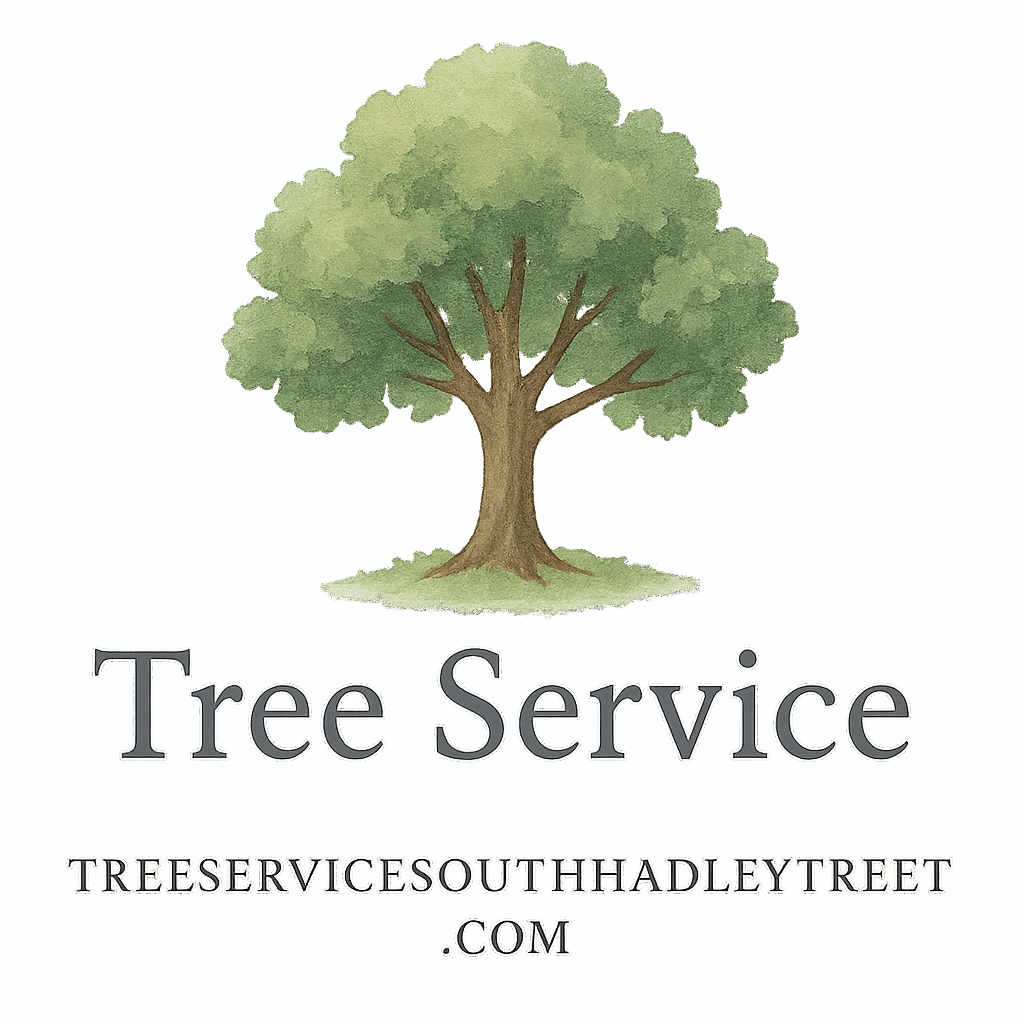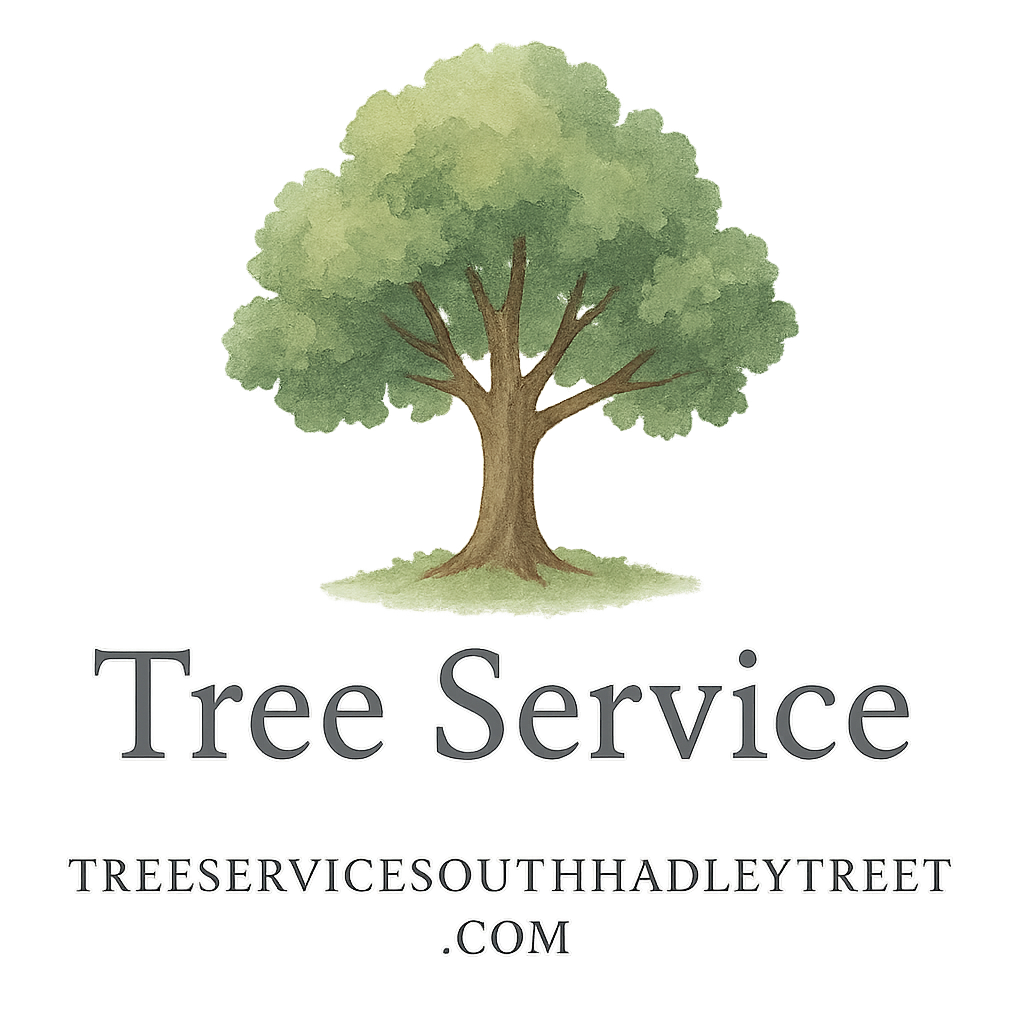Introduction
Ever looked at your tree and noticed a branch that looks… off? Maybe it’s gray, cracked, or just hanging there lifeless. That’s likely a dead limb—and leaving it alone is not a good idea.
Dead limbs might seem harmless at first glance, but they’re silent threats to your safety, your home, and your trees. In this guide, we’ll explore 7 compelling reasons why removing dead limbs should be at the top of your tree maintenance checklist.
We’ll also walk you through how professional tree services can make the job easier, safer, and more cost-effective. Ready? Let’s dive in!
What Are Dead Tree Limbs?
Dead tree limbs are branches that have lost their vitality. They no longer receive nutrients from the tree and are essentially lifeless.
Signs a Limb Is Dead
- No leaves during the growing season
- Brittle texture and easy to snap
- Fungal growth like mushrooms
- Bark peeling off
- Hollow or dry when tapped
Common Causes of Dead Limbs
- Storm damage
- Pests and diseases
- Root damage
- Improper pruning
- Environmental stress
If you’re dealing with any of these signs, it’s time to call a professional like those at Tree Service South Hadley TNTETS.
Reason #1: Prevent Personal Injury and Property Damage
Why Dead Limbs Are Dangerous
Dead limbs are unpredictable. They can fall at any time, especially during windy or stormy weather. This poses a risk to:
- People walking underneath
- Cars parked nearby
- Roofs and fences
Real-Life Examples of Limb-Related Damage
Insurance claims due to fallen limbs are more common than you’d think. A single limb can weigh hundreds of pounds—imagine that crashing into your car!
Need emergency support? Check out Emergency & Seasonal Tree Service.
Reason #2: Promote Tree Health and Longevity
How Dead Limbs Harm Tree Growth
When dead limbs remain, they sap nutrients that could go to healthy parts of the tree. They also:
- Open the door to disease
- Create wounds that attract pests
- Lead to rot spreading down the trunk
Encouraging Healthy Tree Structure
Removing dead wood lets your tree breathe—literally. Better airflow and access to sunlight make for a vibrant, thriving tree. Learn more about tree health and safety.
Reason #3: Improve Aesthetic Appeal
Boost Your Curb Appeal Instantly
Trees with dead limbs look neglected. Removing them:
- Makes your yard look cleaner
- Increases home value
- Creates a more inviting outdoor space
Dead Limbs Make Your Yard Look Unkempt
Imagine a beautiful home with dead, hanging limbs out front. Not the best look, right? Clean, green, and healthy trees speak volumes about your home’s care.
Explore tree service basics for more ways to beautify your property.

Reason #4: Protect Surrounding Trees and Plants
Preventing Disease Spread
Fungi and bacteria thrive on dead limbs. These diseases can easily jump to nearby trees and plants, turning your lush yard into a danger zone.
Check out our disease prevention guide.
Better Airflow and Sunlight Distribution
Removing deadwood opens the canopy, allowing sunlight to nourish lower branches and nearby plants. This keeps your landscape balanced and vibrant.
Reason #5: Avoid Emergency Situations
Dead Limbs and Seasonal Storm Risks
Storms don’t care if you’re ready. Limbs that seemed harmless yesterday can become projectiles in a storm.
That’s why seasonal tree care is so important—check the storm damage prevention checklist today.
Why Proactive Tree Service Saves Money
Emergency tree removal is costly. A little maintenance now can save you from a huge, unexpected bill later. Explore tree service costs & hiring.
Reason #6: Prepare for Tree Trimming or Removal
Trimming Preparation Benefits
Pruning a tree with dead limbs first:
- Makes trimming faster and safer
- Gives arborists a better view of the structure
- Reduces the risk of tool damage
Safer and Easier Tree Removal
If a tree needs to go, removing dead limbs beforehand ensures safer removal. Want a full guide? Visit our page on tree removal and trimming.
Reason #7: Maintain Compliance with Local Regulations
Town and HOA Rules About Tree Hazards
Many communities require property owners to manage trees on their land. Failing to remove hazardous limbs can result in:
- Fines
- HOA complaints
- Legal action
Avoiding Legal and Insurance Problems
Insurance companies may deny claims if damage could have been prevented. Protect your property and wallet by being proactive. Learn more with our questions & compliance tips.
How to Identify and Handle Dead Limbs Safely
DIY vs Professional Tree Service
Sure, you could try to remove limbs yourself—but should you?
DIY Risks:
- Falling from ladders
- Misjudging branch weight
- Damaging healthy parts of the tree
Professional Perks:
- Proper tools
- Trained arborists
- Insurance protection
For professional help, browse our hiring guide.
Seasonal Tree Maintenance Tips
Dead limb removal is best done during dormant seasons. Spring and fall are ideal—get started with seasonal care advice.
Choosing the Right Tree Service in South Hadley
What to Look for in a Tree Professional
- Certified arborists
- Positive local reviews
- Fully insured
- Transparent pricing
Our team at Tree Service South Hadley TNTETS ticks all those boxes.
Cost and Quote Comparison
Not sure what’s fair? Explore our guides on quotes, pricing, and side-by-side service comparisons.
Conclusion
Dead limbs are more than just an eyesore—they’re a serious risk to your home, your safety, and your trees’ health. By addressing them early, you avoid costly damage, prevent disease, and boost your property’s curb appeal.
Don’t wait for the next storm to make the decision for you. Schedule a professional tree inspection today with Tree Service South Hadley TNTETS and keep your yard safe and beautiful all year round.
FAQs
1. How can I tell if a tree limb is truly dead?
Look for signs like no leaf growth, brittle texture, peeling bark, and fungal growth.
2. Can dead limbs kill the entire tree?
Yes. Dead limbs can lead to rot and disease spreading throughout the tree.
3. Is it safe to remove dead limbs myself?
It depends on the tree’s size and limb height. Professionals are safer and better equipped.
4. How often should I check my trees for dead limbs?
Inspect them seasonally—especially before winter and after storms.
5. Will my homeowner’s insurance cover damage from a dead limb?
Often not, if it’s determined the damage could’ve been prevented.
6. When is the best time to remove dead limbs?
During late fall or early spring when the tree is dormant.
7. How much does dead limb removal cost?
It varies by tree size and complexity. Check our pricing and quote tags for more info.


